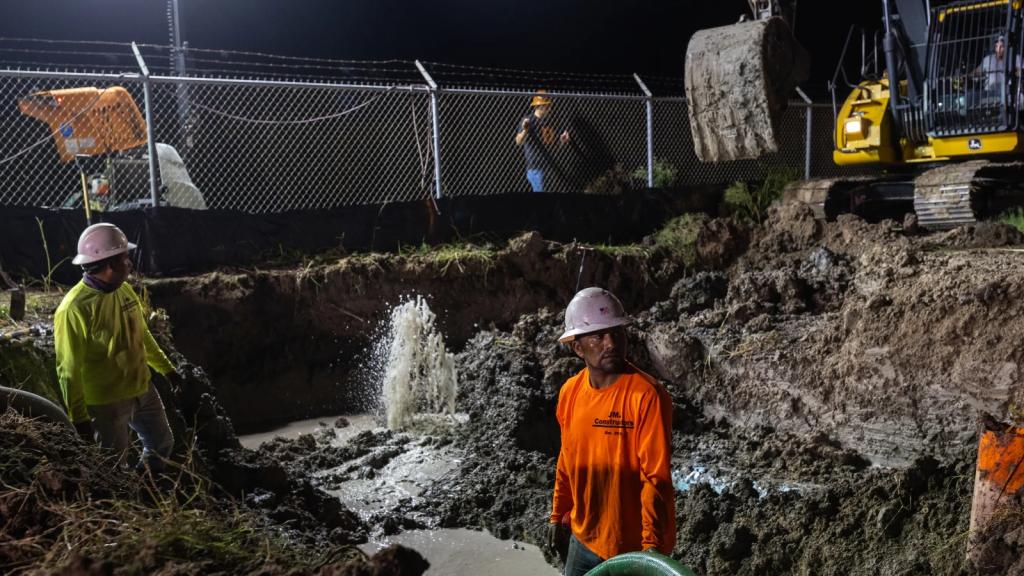Unfortunately, “social justice” is too often used as a code word for pouring tax dollars down a rathole; “curing” poverty.
Replacing or refurbishing the boarded-up and dilapidated buildings of a long-blighted neighborhood costs major money; so does creating greenspace from rust-belt industrial land. When you do so, the value of that neighborhood or that land increases manyfold: people who have jobs and pay taxes to support the improvements want to benefit from them. They buy homes in the restored neighborhoods, and the valuation of housing increases, which in turn raises taxes and rents. Housing near the new parks will escalate in value, because they are now more desirable, and again taxes and rents will go up.
This results in the poor, working or not, being displaced because they can no longer afford to live in their old neighborhood. It’s not their comfy old run-down neighborhood anymore; it’s been gentrified. This is called life in a free economy: if you can’t cope, move out.
To imagine that you can upscale a neighborhood and yet maintain the low taxes and rents that go with a blighted area is just pure fantasy. To think that a restoration project of this magnitude will “cure” poverty in the affected area assumes that the current residents have the skills needed to fill the jobs created during the restoration: carpenters, brickmasons, electricians, construction workers in general. After the restoration, those same residents will have to shift gears and find employment in the new retail shops that will spring up to serve the needs of the neighborhood, which will now have the expendable income to afford outlays beyond bare subsistence.
If the residents of the area to be restored can’t cope, they will have to move out. This is the reality that all of us face when a neighborhood changes for better or worse. It has nothing do with race or social class, and everything to do life in a society that is governed by a free market.


